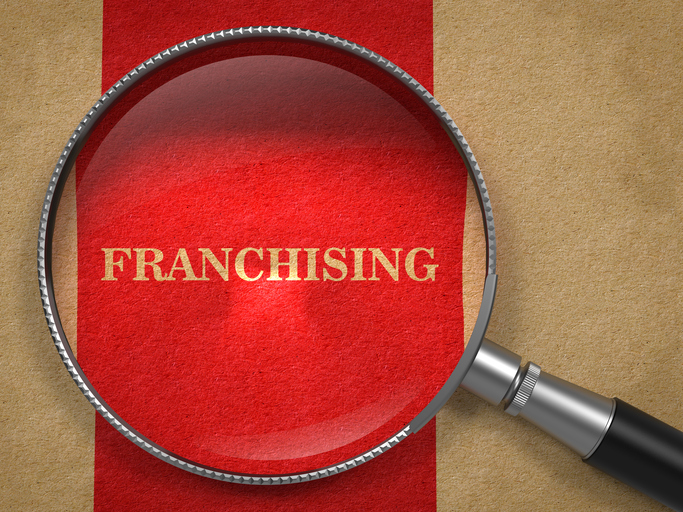One of the most important parts of investing in a business brokerage franchise is the franchise disclosure document (FDD). Once you’ve decided to invest in a business brokerage franchise, you’re going to need to send in an application to the franchisor.

Upon receiving your application, the franchisor will send you an FDD, which includes the franchisor’s expectations. Unfortunately, the FDD can sometimes be hundreds of pages long and filled with terminology with which you may not be familiar. It’s a good idea to have a lawyer read through it, but you should familiarize yourself with the following 23 items a typical FDD contains:
- History of the franchise: Outlines the ownership, corporate family, and history of the franchisor.
- Experience of franchise executives: Outlines the business experience of the franchisor’s leadership. You should be wary of a franchise whose leadership has little experience.
- Past or current litigation: Explains any past or ongoing litigation involving the franchise, its principals, or its directors.
- Previous or current bankruptcies: Discloses whether the franchise or its executives have ever filed for bankruptcy.
- The initial fees: Outlines the initial fees that are required to open your new franchise.
- Additional fees: Outlines other fees you will need to pay over time, such as royalty and advertising fees.
- Initial investment: Goes over all of the fees and expenses that are needed to open and operate your franchise within the first three months.
- Restrictions: Restricts the sources of products and services to ensure that what you are selling meets the franchise’s standards.
- Your obligations: Lists your contractual obligations. It should include cross-references to the franchise agreement and to the rest of the FDD.
- Financing: Outlines any lending programs that are available and indicates whether the franchisor has a financial relationship with any outside lenders.
- Franchise support: Outlines the extent of the support you’ll receive from the franchisor, such as advertising, computer systems, and training.
- Franchise territory: Goes over territorial protection. This ensures that you won’t be competing with other franchises within a certain geographical area.
- Trademarks and patents: Goes over all the trademarks and patents the franchise owns.
- Copyrights and proprietary information: Details all of the franchisor’s copyrights and proprietary information.
- Operation obligation: Details whether you are required to run the business yourself or whether you can be a passive owner.
- Product and service restrictions: Explains that you can only sell what the franchisor will allow you to sell.
- Relationship overview: Summarizes of the terms of renewal, termination, transfer, and dispute resolutions.
- Public figures: This section only matters if you’re purchasing less than 1 percent of a franchise system that uses public figures in its marketing.
- Franchise performance: Either provides information on how much current franchises are making or states that the franchisor chooses not to divulge that information.
- Franchise information: Provides data showing how many franchises were opened, transferred, and closed within the past three years.
- Financial statements: Reveals whether the franchisor is financially stable.
- Contract: Informs the franchisor you’ve read the FDD and agree to its terms.
- Receipt: You must sign this to show that you received the FDD.
It’s important that you understand the FDD when applying to invest in a business brokerage franchise. For more information about our business brokerage franchise opportunities, contact us at Transworld today.
